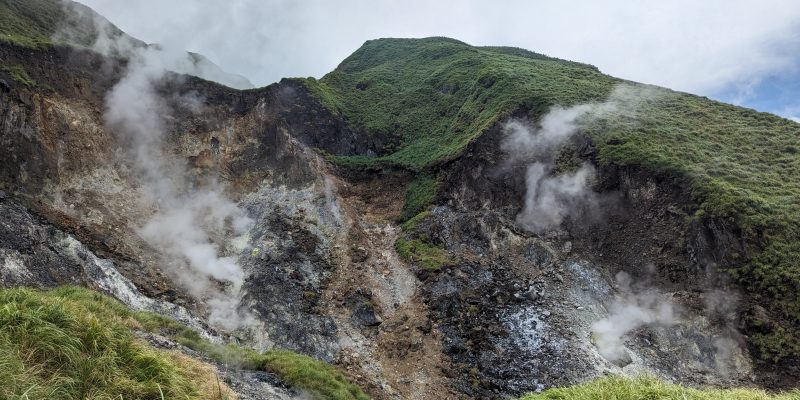
Taiwan’s Environmental Protection Administration (EPA) introduced the Green Mark program in 1992 as a voluntary eco-labeling system intended to “promote the concept of recycling, pollution reduction, and resource conservation.” The program divides products into over a hundred categories, each with a specific set of criteria that align product categories with sustainable development principles.
In the recently published 2017 Taiwan White Paper of the American Chamber of Commerce in Taipei, the organization’s Sustainable Development Committee recommends “expanding Green Mark criteria for tissue and paper products to include fiber sourced from forests or plantations managed in a responsible and environmentally friendly manner.” It emphasizes that the concept of sustainable development should not be limited to recycling.
Across the globe, the promotion of responsible and eco-friendly forestry practices has become central to sustainable development practices, as governments, businesses, and non-profit organizations have promoted sustainable forestry management in an effort to curb the severe pollution caused by slash-and-burn practices. Another consideration is that a steady influx of virgin fiber into the market is necessary because wood fibers cannot be recycled indefinitely. This virgin fiber should qualify as sustainable so long as it is sourced from forests or plantations that practice responsible and environmentally friendly forest management.
Due to strict forest policies enacted by the government in 1990, Taiwan imports approximately 99% of its fiber and wood materials. Yet there is no regulation in place to assure that the fiber and wood materials are imported from countries practicing sustainable forest management. As a result, Taiwan imports most of its pulp, timber, and paper supply from Southeast Asian countries where severe deforestation practices are rampant.
The Sustainable Development Committee urges the EPA to adopt a “dual-track approach in its Green Mark system to equally recognize products made with recycled fibers and those made with virgin fibers sourced from forests or plantations that have been certified by an internationally recognized, third-party verified sustainable forest management certification scheme, such as the Forest Stewardship CouncilTM (FSCTM).” Countries around the globe have adopted this dual-track approach, implementing strict regulations to prohibit the importation of timber and fiber products from illegal and non-sustainable sources.
To read the full Sustainable Development position paper, click here.





